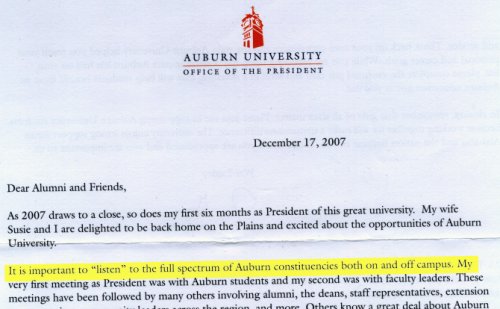Paul Till You Puke
About a month ago, I criticized an article by David Gordon that criticized left libertarians who criticized Ron Paul. David Gordon later criticized my criticism of the criticism of the criticism; I posted a rejoinder; and Gordon posted a reply to the rejoinder. Meanwhile, Keith Halderman and I had a go-around about my views on libertarian feminism. Just in case that’s not enough dialog for you yet, Roderick has two long and very thoughtful posts at Austro-Athenian Empire, To Paul or Not To Paul, Part 2 and To Paul or Not To Paul, Part 3, about the exchange between me and Gordon in particular, and about libertarian electioneering in general. Be sure to read through the comments sections as well, for rejoinders from David Gordon.
I don’t have much to add beyond what Roderick has already said. One quick clarification about the use of terms, though. In comments, Roderick says:
I’m willing to grant that Ron Paul counts as a libertarian. (I think Charles denies this on the grounds that Paul subordinates liberty to constitutionalism, but I’m happy to grant the label.)
I have argued before that the positions expressed by Ron Paul in his campaign are constitutionalist rather than libertarian. Whether I would call Ron Paul a libertarian or not depends on what is meant by the term. There’s a broad, cluster-concept sort of sense in which Ron Paul could be called a libertarian,
and, on some issues, a fairly hard-core libertarian at that. That is, he would fall pretty far towards that corner of the Nolan Chart if you mapped out where he stands on various questions of policy. There’s another sense of libertarianism, which has to do with the ideological reasons that underlie those policy positions — that is to say, a radically individualist theory of justice and political legitimacy, which happens to be incompatible with constitutionalism or any theory that subordinates moral claims for liberty and justice to legalistic proceduralism. To the extent that Ron Paul has been willing to sacrifice libertarian policies for the sake of non-libertarian or anti-libertarian goals, such as a fundamentalist reading of the U.S. Constitution or the so-called rule of law,
he must be operating on some theory of political justice other than libertarianism, and so is (in the ideological sense) a Constitutionalist, or a decentralist conservative, or whatever, and not a libertarian. So how happy I am to grant the label depends on how the label is being used in a particular case. There are some reasons, both of temperament and of deliberate rhetorical choice, why I tend to talk about libertarianism in the ideological sense more than I tend to talk about it in the Nolan Chart sense, but I’m certainly happy to grant that Ron Paul has at least as good a claim (often a better claim) to the term libertarian
as most of the Libertarian Party, or many of the paradigm cases of libertarians
in the mainstream public consciousness.
Hope this helps.

